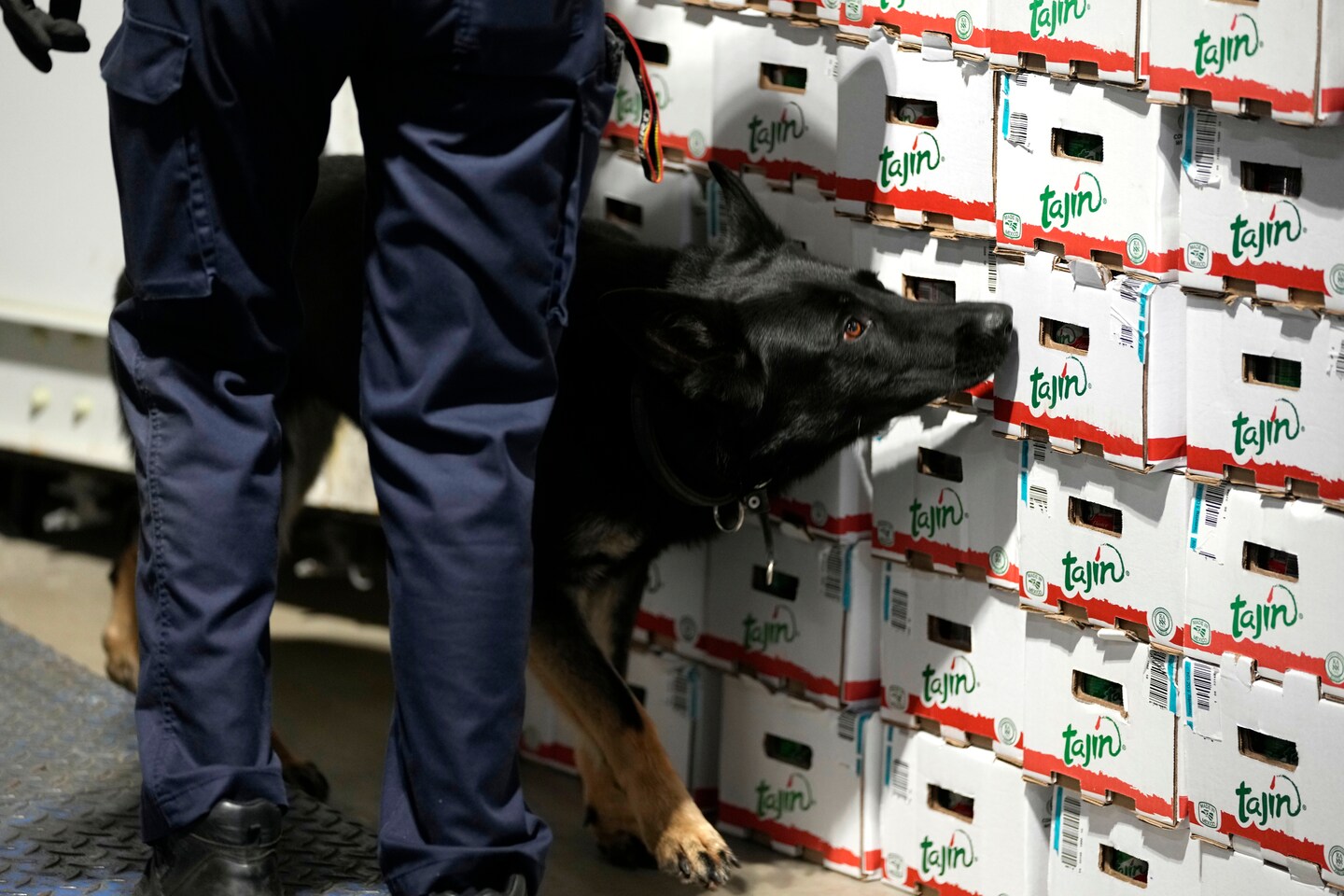The port of Antwerp is the main gateway to the continent for Latin America’s cocaine cartels.
Finance Minister Vincent Van Petegem said a further five tonnes of cocaine was seized last year at the port of Zeebrugge, which is part of the Antwerp-Bruges port.
“Over the past year, thousands of staff across the country once again did their best under extraordinary circumstances,” the minister said.
The announcement came a day after 22 people, including three police officers, were arrested in a major drug bust targeting individuals suspected of smuggling cocaine through Antwerp.
Belgian authorities said the amount of cocaine seized at Europe’s second-largest port was up from 110 tonnes in 2022, adding that Colombia, Ecuador and Panama remained the largest countries of origin.
Record amounts of cocaine have been seized in Europe, with 303 tonnes seized by EU member states in 2021, the latest year for which statistics are available. A report by the EU agency that monitors drugs and addictions said 75% of that amount was seized in Belgium, the Netherlands and Spain.
In Belgium, federal authorities have announced that foreign criminal organizations have deep roots in the country, carrying out violent and ruthless operations, and drug trafficking is rapidly infiltrating society.
Over the past four years, Antwerp has seen dozens of grenade attacks, fires and small bombs, many linked to gangs seeking to cut into the thriving cocaine trade. In Belgium, then-Justice Minister Vincent Van Quickenborn was living in hiding after evidence emerged that drug gangs were trying to kidnap him, or worse.
